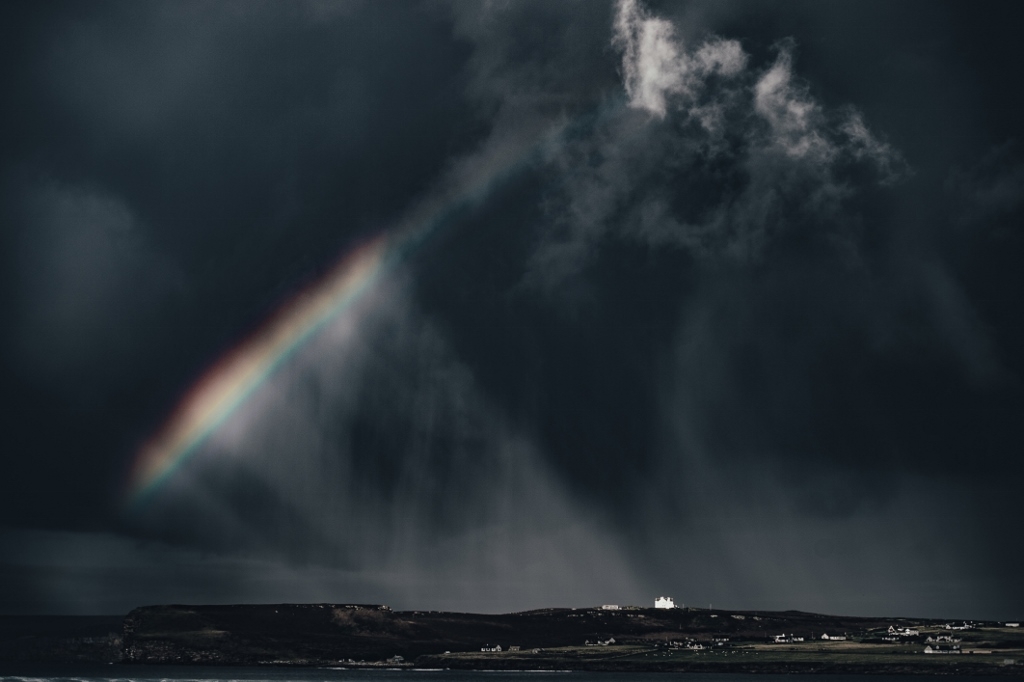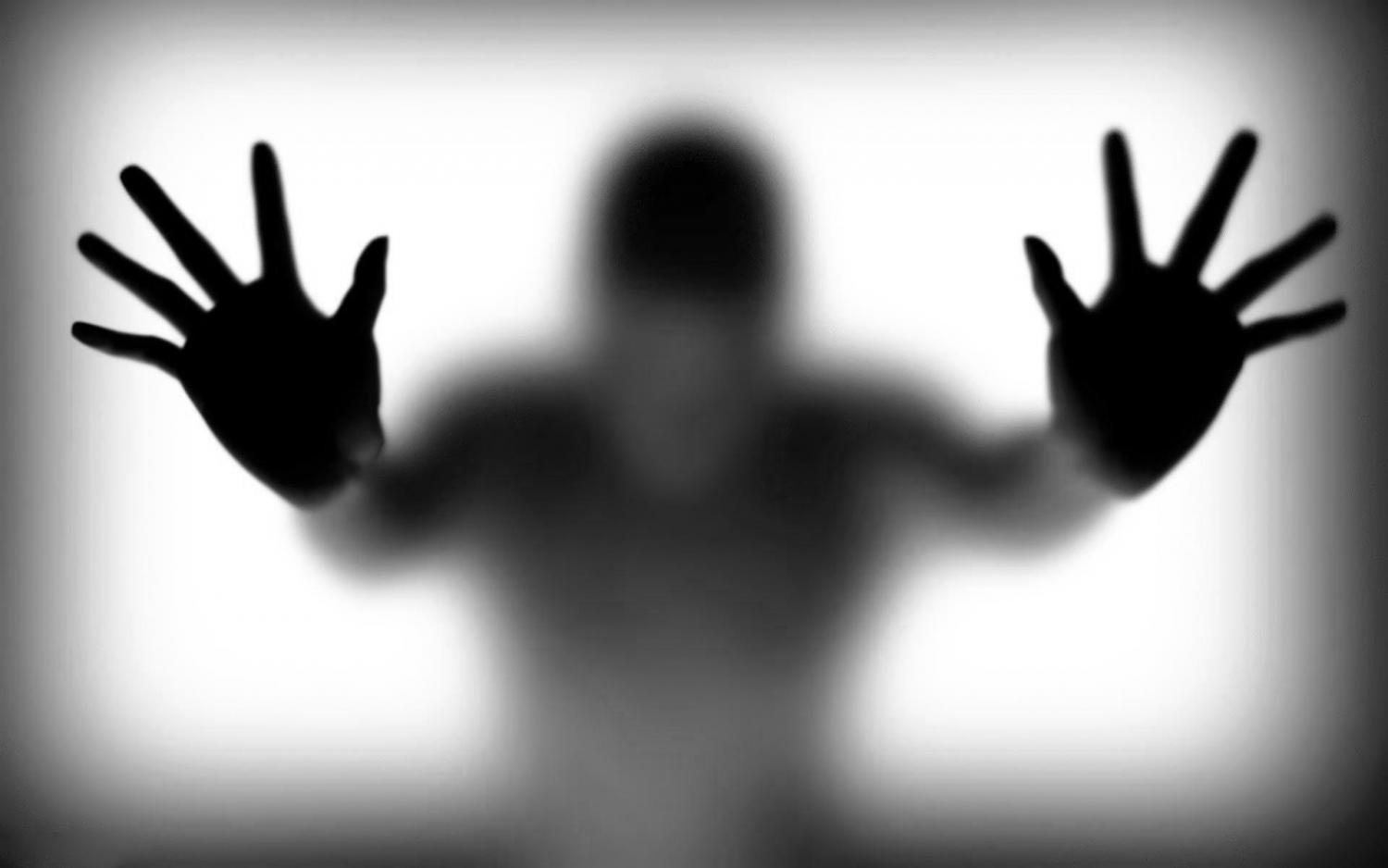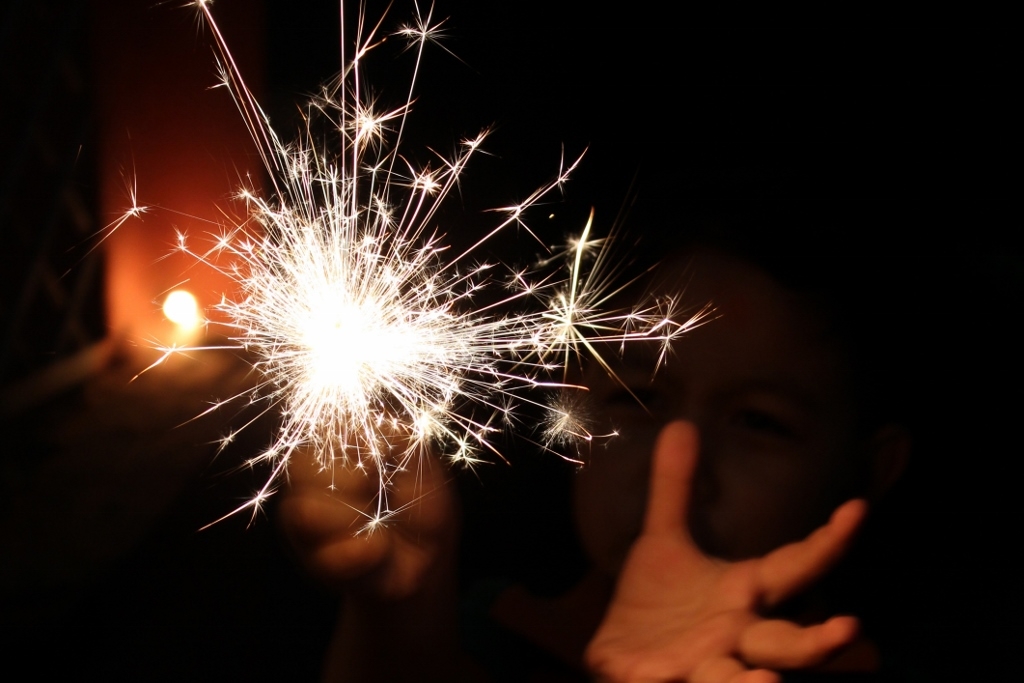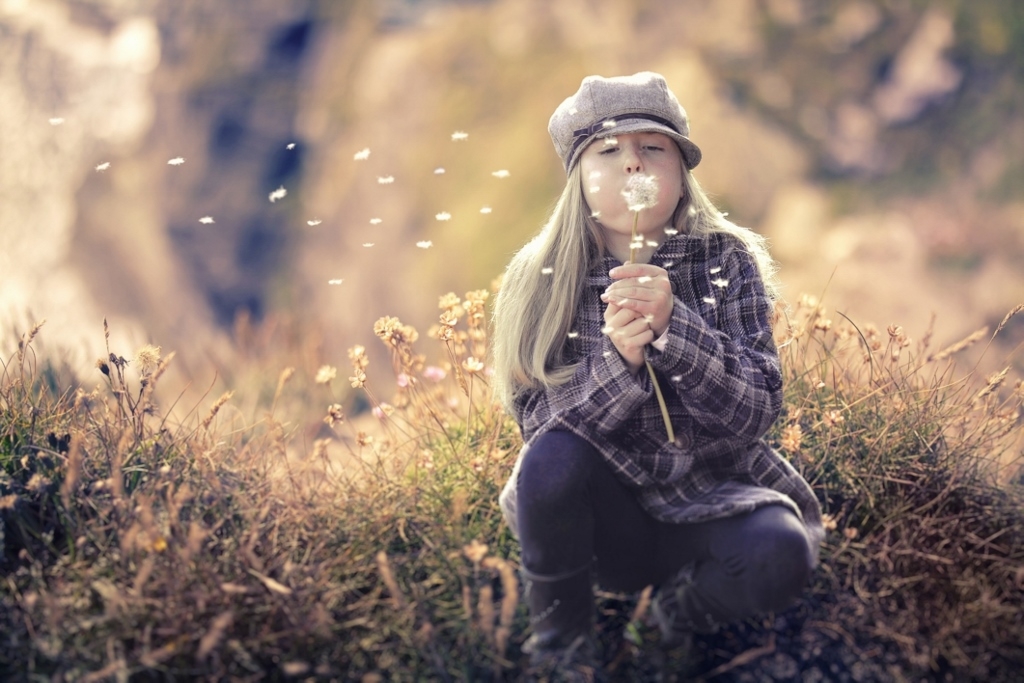
Reflections from the Other Side of Reason – Rainstorms and rainbows
Since 2013, recognized author and community leader for mental health, David Gibson, has battled the inner world of PTSD to find some measure of hope within. He uses his writing to explore how his journey as a survivor has enabled him to come to terms with PTSD and the new reality of his life. His 'Reflections from the Other Side of Reason' not only invite the reader into his life, but offers insights on how to grow and build resiliency. By sharing his experiences he takes away any toll for others to walk down the same road.
[Just so you know]
The whole world is dreaming,
Announcing the arrival of another summer’s day.
Where we walk will be yellow flowers, butterflies and cattails.
Dancing & swaying to the beat of the morning’s breeze.
Glancing over my shoulder,
I see the wisps of light flickering within your blue eyes.
I close my eyes and imagine the caress of your fingers on my lips.
The touch of your warm scented breath.
These eyes I can never forget.
For I am in love with you.
What is the point of a relationship if you only want to be with someone only in good situations?
It’s nice to have someone to “weather the storms” of life.
You will only know your partner’s true self when the storm comes. ~ Mervyn Wee
I try to be a decent person. The last thing I want to do is hurt someone I love.
The realities of PTSD, which can cause people to lash out at loved ones, or worse self-harm, are a far cry from the insignificant and imaginary refuge of whiners that the mental health issue is sometimes ignorantly made out to be.
No one says that unresolved trauma can kill you. If anyone did, maybe people would take it more seriously. Serious as cancer for instance.
Recovery is rarely easy, when it comes at all. My story and that of my family’s journey has been also a story of how they too have had to learn to discover that they need care in understanding themselves. Their journey is also a story of healing the healers. Most important however, it is also about finding hope within themselves.
Sudden and overwhelming disasters or traumatic events can take a significant emotional toll on survivors, families and friends. Feelings for trauma survivors and loved ones can become intense and unpredictable. Erratic behaviors can destabilize the foundations of the relationships the family thought were consistent and established as the norm.
Together the family and each of its members slowly experience an untethering from how life was to how it is now – ‘unfathomable and unrelenting’ in comprehension.
What you do not hear or read about are the countless numbers of loved ones impacted by ‘trickle-down’ trauma. Living in a household affected by trauma and PTSD is a bit like trying to swim through muck. For my wife, she said she would lie awake listening to my breathing and wait until my breaths seemed smooth, and my sleep restful. But I know for a fact the ghosts from the crash slept between us. When I did awaken from one of my nightmares trembling and soaked in sweat, she would lie awake for hours waiting for another shock wave to hit again. Just another ‘bad dream’. She would often ask if I was ok. And I know I would usually say nothing or convey how I was feeling.
To this day, our family exists with this tension that exists when one is filled with both the desire forget and the restraint to live with it and remember the impacts of that awful day. In many ways it is easier for me and our family to gaze out to an image of a beautiful sunny summer morning and imagine a life full of laughter, joy and being at peace than to look at past memories of the day of the bus crash. I mean why go into it? There are a million sad and horrible stories coming at us these days and only one day like this one we imagine and want to hold onto, balmy and perfect … Why talk about the crash when it makes everyone uncomfortable … Why not just go hoping tomorrow will be a better day? Because you know, perfect days are built on difficult mornings.
Trauma and PTSD symptoms are like ‘those crazy relatives’ who sneak in unwanted and just when things are going smoothly in a household. But what if family members get better informed about the effects of trauma and PTSD, learn how to talk about it, discover what can trigger symptoms, and get help in sorting out everyday reactions and behaviors from these trauma-related impacts and feelings. Maybe then they will be better able to call out these uninvited intruders and kick them out to the curbside.
When it is all said and done, working through the impacts of trauma means learning to feel again, including the pain. It makes absolute sense that trauma survivors often hide emotions or numb uncomfortable feelings, and that their loved ones sometimes more often than not adopt these same unhelpful behaviors to cope with the unsettled family relationships.
But when we can’t feel pain, we usually can’t feel joy either. Ernest Hemingway wrote, “The world breaks everyone and afterward many are strong at the broken places.” Like many who survive trauma, they do so because they have learned to integrate the effects of trauma into their life – Feeling pain can, after all, save your life.
Until next time.










